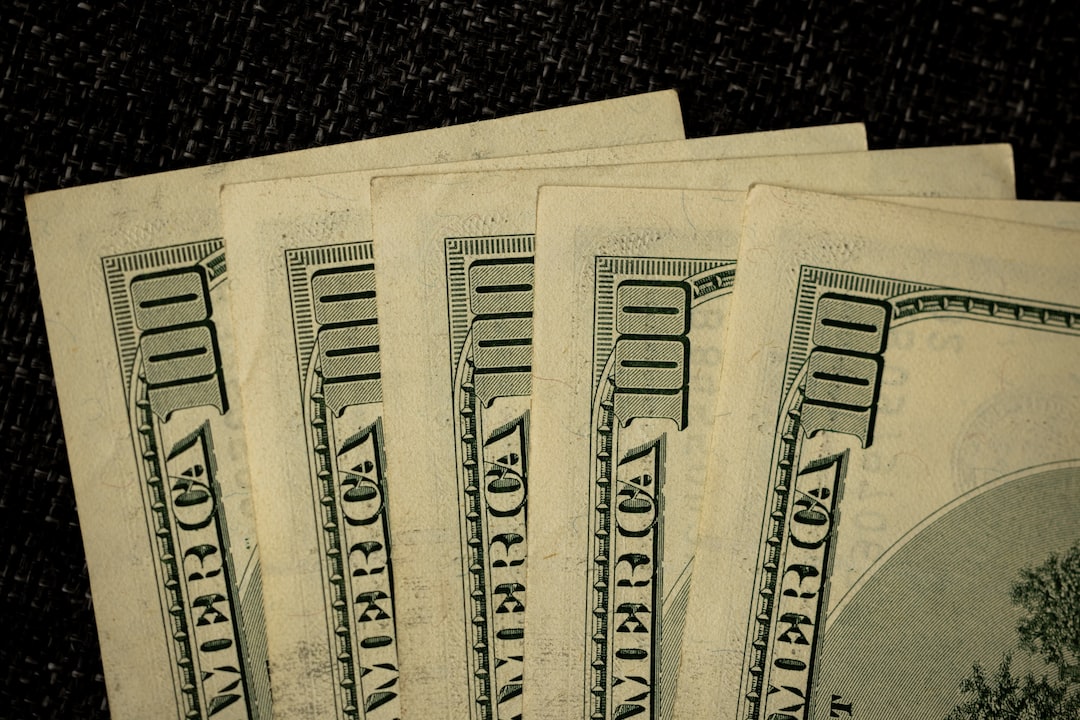Rental properties are a lucrative investment. They do, however, demand a lot of time and work. They also come with some level of risk.
This is where security deposits come in. Landlords implement these to protect themselves from damage or loss caused by a client. They can be an invaluable resource, but there are some important things to consider when putting them in place.
This article covers the main things landlords need to know about security deposits. It lays out the benefits of them and includes some information on how to determine the appropriate amount to charge.
State Limits on Security Deposits
States have different security deposit laws, including limits on how much a landlord can charge. Most are one or two months' rent.
Wisconsin has no statutory limitations. The state also does not require you to provide interest on held security deposits.
There are, however, requirements about notifications to tenants who have caused damage or violated lease agreements. It is important to be aware of these.
You Should Require a Security Deposit
You should be thoroughly screening tenants. However, no one can catch all red flags (and there may not be any).
Having a security deposit protects you from the unforeseeable. It affords you a sum of money to address damage or financial losses (see below) that a tenant may cause you.
Also, there is no downside to having one. Renters come to expect them, so there is little danger in scaring away prospective tenants by having one.
How Much Should You Charge?
One month's rent is standard for security deposits, and you should probably not dip below that. Two month's rent is also suitable and in general, is the maximum amount of security deposit you should charge..
If you have a unique rental unit where this is a higher risk of damage to valuables in the building, you might consider going higher. You can also charge for other unique situations, such as a pet deposit. In these situations, be sure to explain the reasoning to tenants.
When You Can Keep the Security Deposit
There are four main scenarios for when you should retain a security deposit. The first is damage to the property. Keep in mind that you should not include normal "wear and tear" to the apartment but only significant harm that warrants repairs.
The next reason is a similar one: if the apartment is exceedingly dirty and needs professional cleaning. Again, we are not talking about a tenant who did not sweep up before leaving, but excessive grime, mold, or other issues that resulted from neglect.
The next situation where you can keep deposits is if there are unpaid utilities or rent. Finally, you can also collect security deposits if they terminate the lease early.
It is up to you which reasons to keep a security deposit. Whatever they are, be sure to spell them out clearly in the lease.
Learn More About Security Deposits and Property Management
Now that you understand the functions and importance of security deposits, you can put policies in place that protect your property. It is an important protection for you and your investment.
PMI Property Pros is a full-service real estate asset management company. We offer a range of services, from marketing and tenant screening to maintenance, accounting, evictions, and more. Reach out to us today to schedule a free consultation.


